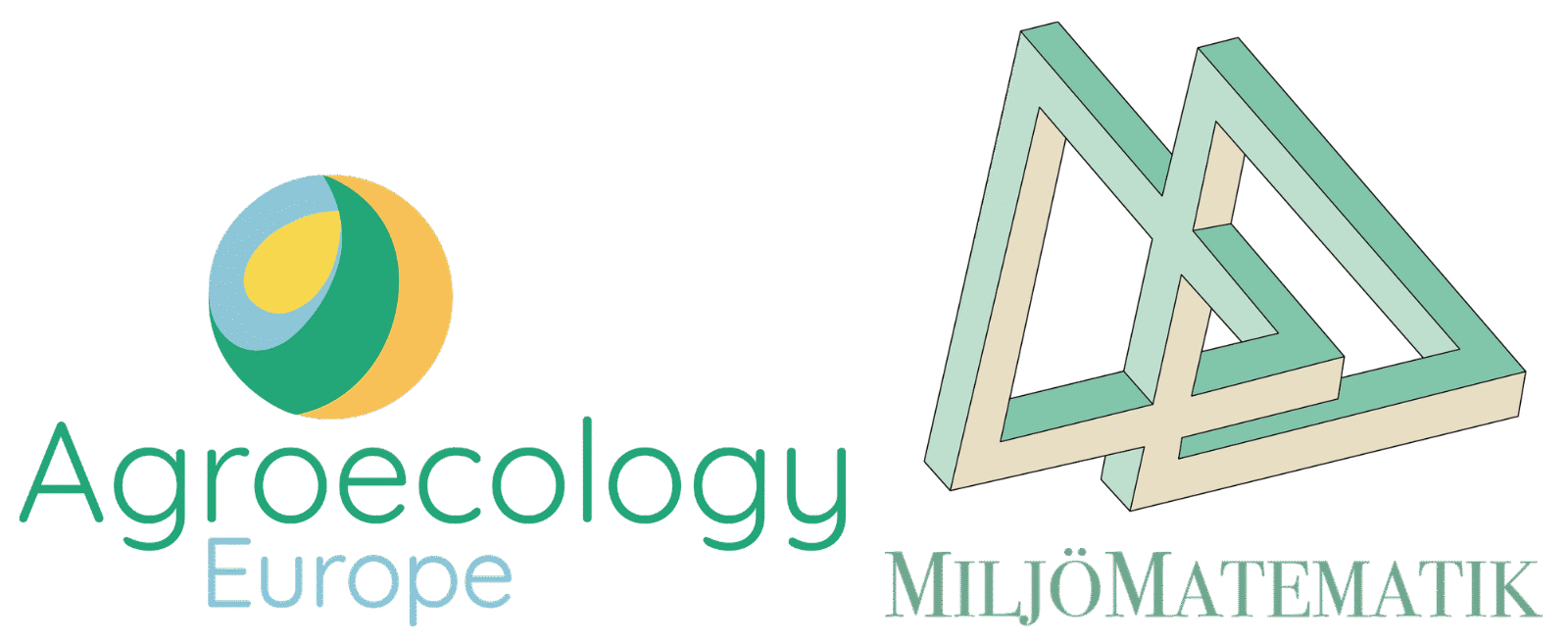THEME
With the theme “Transformation in action!”, this year’s Agroecology Europe Forum will highlight collaboration, integration and bold action to accelerate agroecological transitions across Europe.
The programme is designed as a 3-day workshop where each day has its own theme, starting from visions, taking us through possible solutions and ending with common steps for actions.
- DAY 1 – VISIONS OF AGROECOLOGICAL TRANSFORMATION
We delve into the visions of agroecology through future thinking and visionary work, and immerse into the mindset and culture shifts required for the agroecological transformation, such as intersectionality, social justice and equity.
- DAY 2 – EXPLORING TRANSFORMATIVE PATHWAYS
We branch off into the many possibilities that agroecology proposes to food systems transformation, to tackle challenges and to explore, develop and showcase solutions. The second day includes seven transformative pathways.
1. Diverse, multifunctional and resilient food systems
Agroecological food production on field, farm, community, landscape and system level. Explore the outcomes of an agroecological transition – what do the production systems look like and what does the food taste like? Dive into the connection between planetary health, soil health and human health. Explore practical examples of seeds of change happening right now.
2. Perennial possibilities
Moving towards long-term perspectives in food systems. Consideration of the possibilities in blue and green perennial production systems – from cereals, agroforestry and animal integration to fishing, herding and foraging, and beyond. The effects perenniality has on other sectors in the food system, and what kind of support is needed for it to grow and thrive.
3. Incentivising the transition
Economic theories, business models and practices for agroecology and food systems transformation – from small businesses to communities and whole societies. Includes key issues of economic viability, innovation and entrepreneurship, land ownership, generational shifts, the true value of food, collective solutions, finance, philanthropy, governance, and more.
4. Growing agroecological food cultures and communities
Highlighting the social and cultural meanings of the agroecological transformation for citizens and communities in the urban and the rural. Spanning topics such as human relations, democracy, philosophy, spirituality, rights, values, morality, mobilisation and organisation, the role of media, art and communication in the context of agroecological food systems.
5. Inspiring and impactful policies in the big and small
Focus on current policy opportunities and challenges to support an agroecological transformation on local, regional, national and international levels in Europe and beyond. For example, public governance, regulations, strategies, urban/rural planning, CAP, and more.
6. Expanding the knowledge field of agroecology
Developing transformative agroecological education and research, both formal and informal. Including, for example, experiential and social learning, pedagogy, critical and applicable research, farmer-to-farmer learning, farmer-to-researcher collaborations, extension services, and creating synergies across the continent to cultivate next generation agroecologists.
7. Agroecology in the Nordics
Creating the fundament for the establishment of a Nordic agroecology network, digging into the opportunities and challenges of an agroecological transition in the Nordic territory. We learn from, and build on, the experiences from the 1st International Congress of Mediterranean Agroecology.
DAY 3 – MOVING INTO ACTION
Look ahead and move forward! Bring back learnings from the previous days of the Forum and work out concrete steps for taking action, for example drafting policy briefs, developing action plans and roadmaps, or creating working groups. We end the Agroecology Forum on a hopeful and joyous note!
